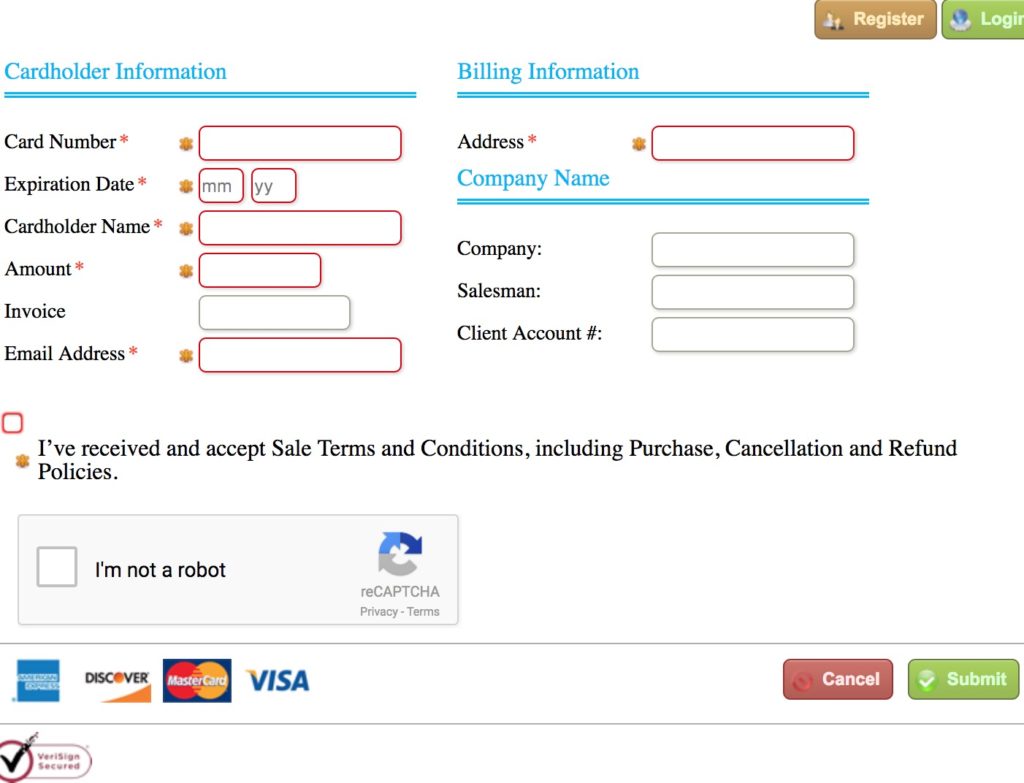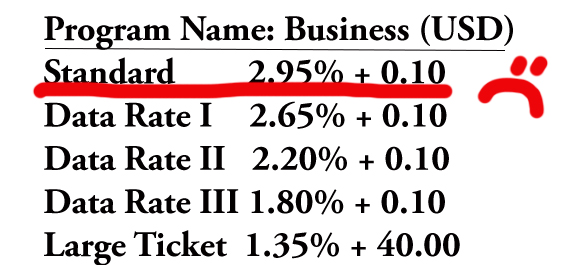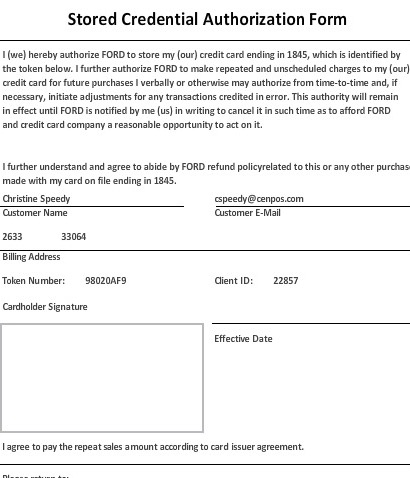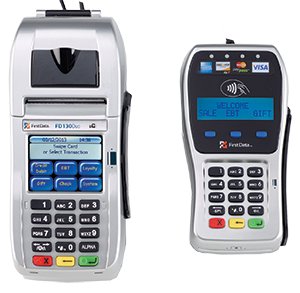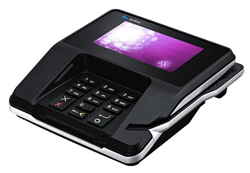Biometrics and other authentication technologies help the payment industry create seamless and secure commerce experiences
SAN FRANCISCO–(BUSINESS WIRE)–Oct. 19, 2017– Visa (NYSE:V) today announced Visa ID Intelligence, a platform that allows issuers, acquirers and merchants to quickly adopt emerging authentication technologies and create more secure and convenient ways for consumers to shop, pay and bank on their connected devices. Available through Visa Developer Platform, Visa ID Intelligence offers a curated selection of leading third-party authentication technologies with simple integration using Visa APIs and SDKs—allowing clients to create, test and adopt new authentication solutions.
The Internet of Things is expected to grow to 20 billion connected devices by 2020, exponentially expanding the devices and environments in which commerce can take place—from wearables, such as rings and watches, to home personal assistants and connected cars. Many of these devices are voice activated and not designed for typical passwords—requiring a new approach to authentication, such as face, fingerprint or voice recognition, document verification, or device and user identification. A 2017 Visa survey showed that 69 percent of US consumers believe that biometric authentication will make payments easier than using passwords.
“A consumer encounters many authentication moments during the course of a day, whether making a payment, checking a balance, or sending money to family and friends,” said Mark Nelsen, senior vice president of risk and authentication products, Visa. “But traditional methods for authenticating a customer can create frustration or are simply not designed for the new ways people are shopping and paying. We built Visa ID Intelligence to help accelerate smarter and easy-to-use authentication solutions for any commerce environment—to better protect against fraud and to move closer to a world without passwords.”
Recent Aite Group research found that, as the speed and complexity of fraud and cyberattacks increases, institutions and companies must look to nimble technology solutions that provide consumers with security as well as convenience. While many competitors offer solutions, not all of them are ideal for the payments industry and the high level of privacy, security and regulatory oversight that are required for financial transactions. Financial institutions and merchants can adopt effective and secure solutions and accelerate time-to-market with streamlined onboarding and implementation through Visa as a single trusted source. Visa has vetted technology providers to ensure they meet industry expectations for security and consumer privacy, including onsite Visa security assessments, penetration testing, and ongoing compliance audits. The platform also enables simplified contracting, saving clients potentially months of negotiations.
“Financial institutions and merchants are working hard to create streamlined and delightful digital experiences,” said Julie Conroy, research director, retail banking practice, Aite Group. “At the same time effective consumer authentication is critically important, given the escalating cyber threat landscape. The good news is that a variety of technologies can help businesses find the win-win, providing superior security while at the same time removing unnecessary friction.”
Authentication Capabilities
Today, Visa ID Intelligence features include:
- Identity Documents – evaluates identification documents and matches selfies to photo IDs (e.g., driver’s license, passport, military ID), while extracting and converting document information into digital form. This authentication process can help financial institutions or merchants make smarter decisions and instantly provision banking services. Uses include creating new accounts, and as an alternative to customer service calls to perform password reset and lost or stolen card replacement. Au10tix provides identity document services through the Visa ID Intelligence platform.
- Biometrics – allows clients to use biometrics such as face, fingerprint and voice to create simpler authentication experiences that meet consumer needs for convenience, security and speed. Applications include app login, payments, step-up authentication, and more. Daon, a global authentication and identity assurance solutions provider, will offer Visa ID Intelligence biometric authentication services.
Visa ID Intelligence offerings will expand in 2018 to user data and device data to improve digital identity decisioning, working with Neustar and ThreatMetrix. More information about Visa ID Intelligence can be found at www.visaidintelligence.com.
About Visa Inc.
Visa Inc. (NYSE: V) is the world’s leader in digital payments. Our mission is to connect the world through the most innovative, reliable and secure payment network—enabling individuals, businesses and economies to thrive. Our advanced global processing network, VisaNet, provides secure and reliable payments around the world, and is capable of handling more than 65,000 transaction messages a second. The company’s relentless focus on innovation is a catalyst for the rapid growth of connected commerce on any device, and a driving force behind the dream of a cashless future for everyone, everywhere. As the world moves from analog to digital, Visa is applying our brand, products, people, network and scale to reshape the future of commerce. For more information, visit usa.visa.com/aboutvisa, visacorporate.tumblr.com and @VisaNews.
View source version on businesswire.com: http://www.businesswire.com/news/home/20171019005445/en/
Source: Visa Inc.

